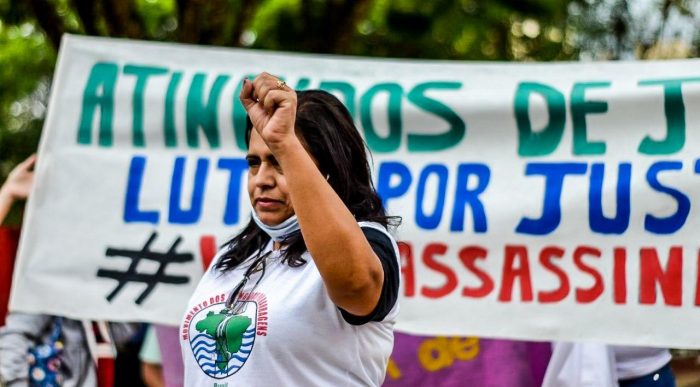
This action took place to denounce the exclusion of those affected at the company negotiation meetings with public bodies; after four hours waiting for answers at the company headquarters, Vale refused to listen to the requests made by the population impacted by the crime
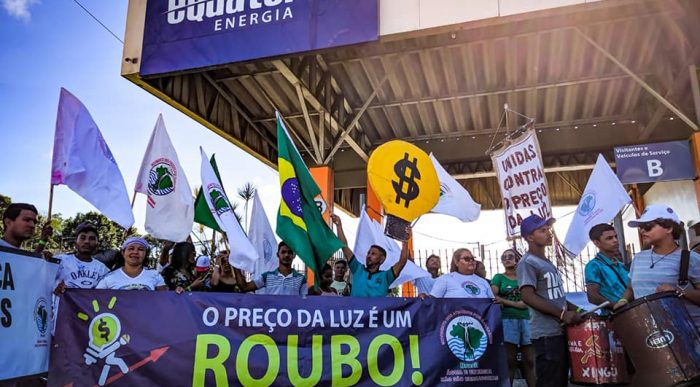
The electricity industry of Brazil is dominated by large international corporations that obtain extraordinary profits at the expense of Brazilian natural resources and the pockets of the working class
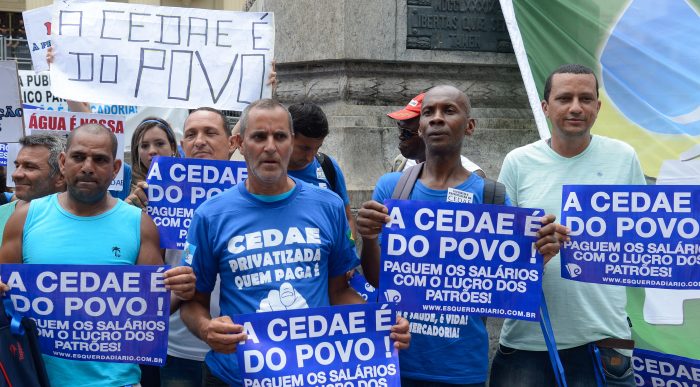
A project prepared by the BNDES intends to deliver the water services and the sanitation network of 64 municipalities in Rio de Janeiro to the private initiatives even this year. Rio de Janeiro will be used to test the waters before the implementation of this new sanitation model in the rest of the country
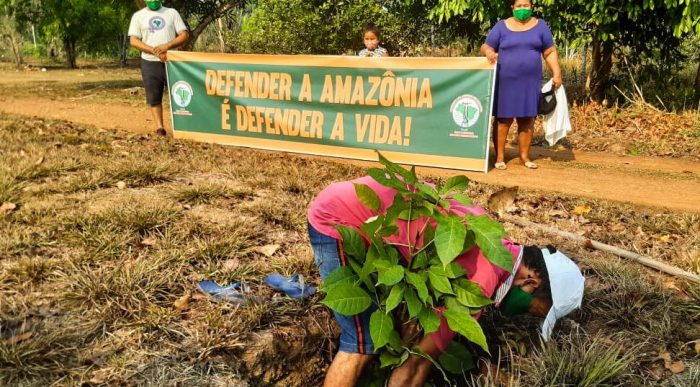
With activities in several states from the “Planting Lives” campaign and a national act transmitted live, the movement celebrates a day of struggle, raising awareness about devastation in the region
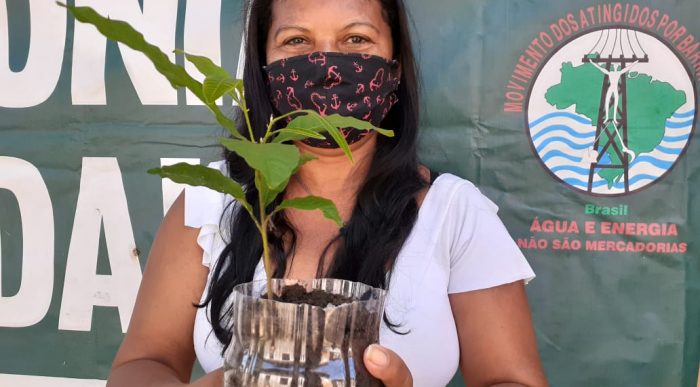
The MAB commemorates the results after one year of the “Planting Lives” campaign and says it will continue to act in defense of the Amazon in the next period.
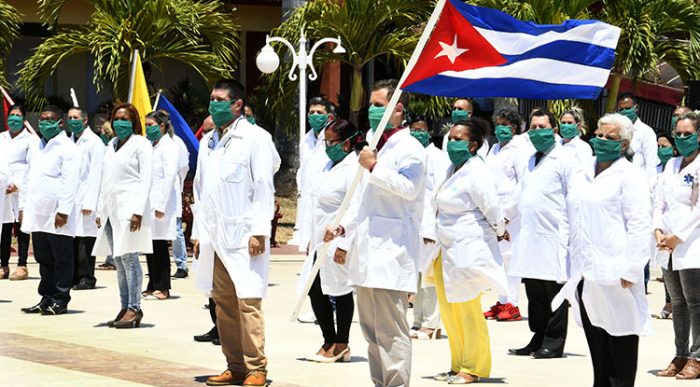
Without having registered new deaths for two weeks, this Caribbean island sets a worldwide example by sending brigades of health professionals to 37 countries
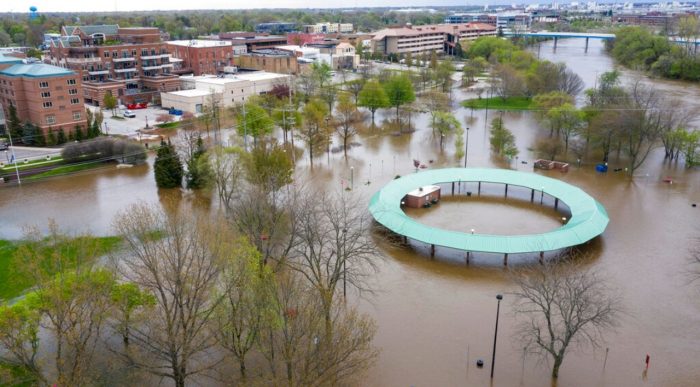
My work with MAB and conversations with people affected by dams around the world made me want to investigate the following questions: what is the state of the dams in my own country, the United States, in 2020? Do we have concerns about their safety? Could there be a dam break here? Can what happened in Brumadinho happen here? Who controls these dams, and who “benefits” from the energy?
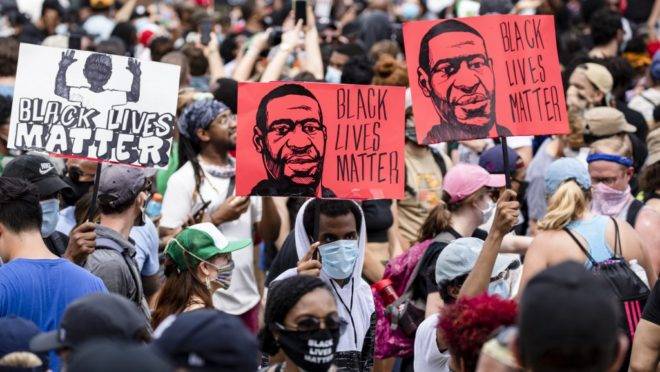
Robert Robinson, member of the Take Back the Land movement, comments on the recent protests, the demands of the American black people and the challenges facing the pandemic situation of the new coronavirus and the presidential elections in the United States, scheduled for November this year